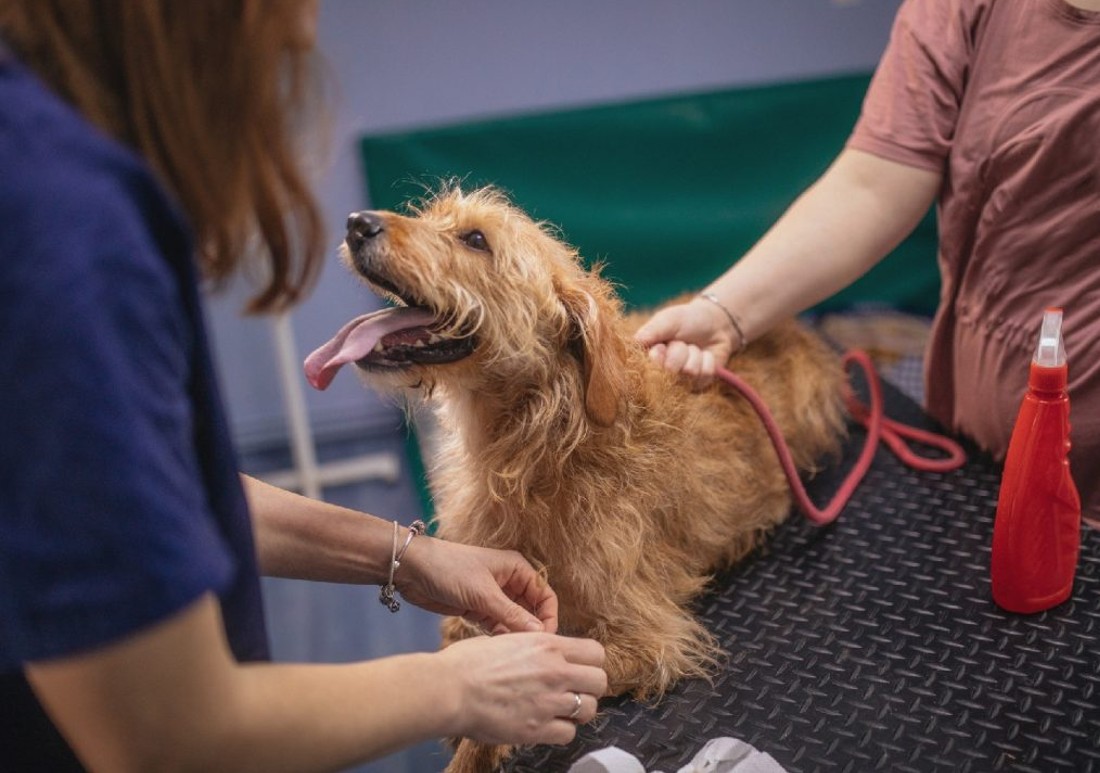How Often Should I Take My Dog to the Vet? The Answer Might Surprise You

Do you know how often you should take your dog to the vet for checkups? The answer might surprise you. Most dog owners know that taking their pets for routine visits and vaccinations is important, but many don’t know exactly how often they should go, or what other services they might need.
In this article, we’ll discuss why regular vet appointments are so important, and how often you should take your pup to see their doctor. We’ll also look at when your pup should have additional services, such as dental cleanings or blood tests. No matter how old or young your pup is, we’ll cover everything you need to know to ensure they’re getting the best care possible.
Understanding Your Dog’s Health Needs
As a dog owner, it is important that you understand the need to properly maintain your pup’s health. This includes taking your dog to the vet regularly, usually once a year. Of course, depending on your pet’s age and specific health requirements, they may need to go more often. For example, puppies require more frequent visits than adult dogs, and larger breeds may need more frequent check-ups than their smaller counterparts. The best way to understand the frequency of your pet’s healthcare is by discussing these issues with your veterinarian.
Scheduling Frequent Veterinary Visits
Most vets recommend that puppies have at least three visits in the first year of life, including vaccinations. Adult dogs should visit the vet at least once a year. Annual visits should include heartworm tests, vaccinations and preventive treatments such as dog flea medicine and other treatments as needed. It’s also important to bring a fecal sample to each visit since this helps catch any parasites or worms before they become serious health threats.
Addressing Common Health Problems
During each veterinary visit, your vet will also check your pet for common health problems such as ear infections and skin irritations. If they do find health problems during these visits, you can treat them right away with dog ear infection medicine or suitable topical mange treatments before they become more severe. Your dog may also require additional tests such as ultrasounds or blood work. These tests can detect potential diseases or conditions before symptoms appear.
Early Illness Detection
Regular veterinary visits not only help identify existing health problems but may also help detect potential illnesses at an early stage. A veterinarian has the training and expertise to identify potential health issues that might otherwise go unnoticed by a dog owner. For example, changes in heart or lung sounds could indicate respiratory conditions or heart disease, and detecting these issues early can give you time to address them before they become more severe. Additionally, blood tests can measure levels of hormones, minerals and electrolytes, which can help catch any abnormalities before they become more serious issues.
Preparing for Emergencies
Aside from regular check-ups and vaccinations, it is important to always prepare in case of emergency situations or accidents. Make sure that both you and your vet have contact information for local emergency veterinary hospitals in case of something serious or if regular veterinary services are not available after hours. Knowing where and when to get help in an emergency is essential for ensuring that your pup receives the medical attention they need as soon as possible.
Conclusion
It is essential for all pet owners to understand the importance of regular veterinary care when it comes to maintaining their four-legged companion’s health and well-being. By consistently taking your dog to the vet every year (with additional trips as needed) you can address any health problems quickly while also preparing yourself for any emergencies that may arise.
Your Pet’s Best Interest, Always
At Pet Institute, we take pet care seriously. We're dedicated to transparency, impartiality, and the well-being of your pets in every article, review, and recommendation we provide. Our unwavering commitment to these principles ensures that you, our valued reader, always receive reliable and unbiased information. Let us be your trusted guide in the world of pet care and companionship.